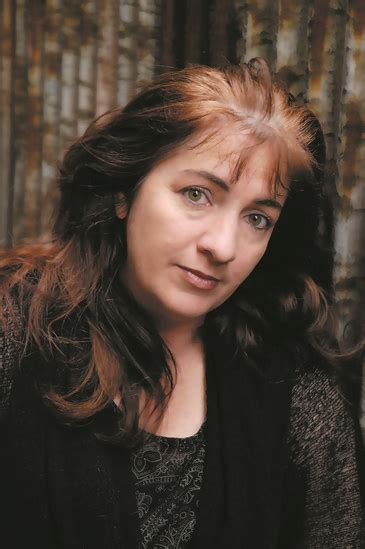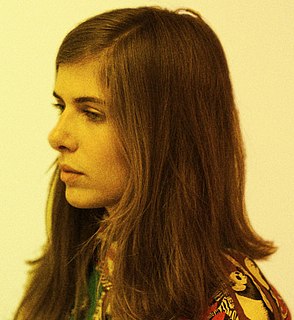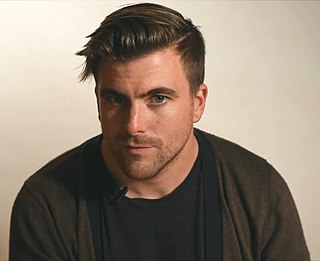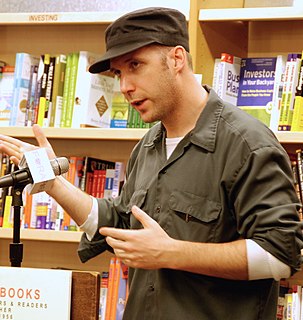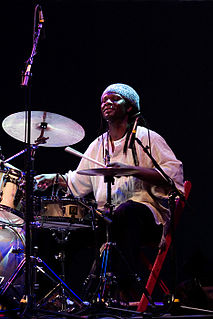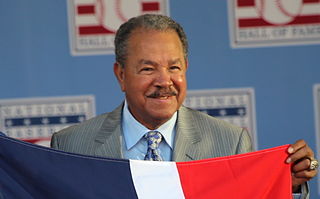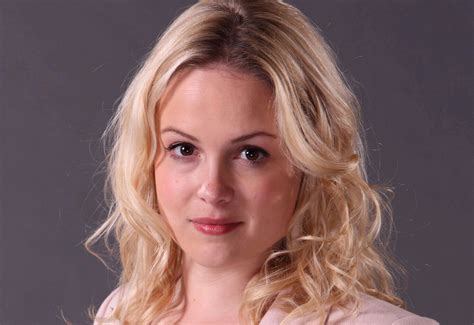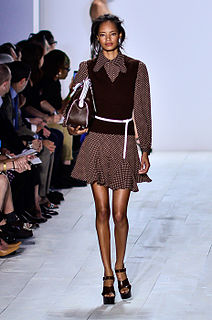A Quote by Peter Fader
I figured the process of someone standing at a shelf and deciding what juice to buy is going to be very different than someone sitting at the computer clicking through a bunch of different books or CDs-until I actually looked at the data, and it turned out that the patterns were remarkably similar.
Related Quotes
I personally think there's going to be a greater demand in 10 years for liberal arts majors than there were for programming majors and maybe even engineering, because when the data is all being spit out for you, options are being spit out for you, you need a different perspective in order to have a different view of the data.
I think there's something in collaboration - the fact that you can sit there and bounce ideas off of someone. It definitely matters who the person is, because certain people... The act of collaboration, where you can talk to someone, hang out, get ideas going, there is something in that. That's similar between everyone. But I think every individual collaborator is different, because they have different brains and emotions and ways of working, so it changes. Definitely.
When I started doing improvise music in Europe, in the beginning I thought the way that Europeans were interpreting the reconstruction of deconstruction of this thing that we call jazz - of course it's different than what Americans do, because Europeans have a different history, a different sensibility and so forth - the nature of the creative process itself it's the same; but what comes from that creative process is different, because you have a different history, you have a different society, different language.
About 60% of the people stopped when we had 24 jams on display and then at the times when we had 6 different flavors of jam out on display only 40% of the people actually stopped, so more people were clearly attracted to the larger varieties of options, but then when it came down to buying, so the second thing we looked at is in what case were people more likely to buy a jar of jam. What we found was that of the people who stopped when there were 24 different flavors of jam out on display only 3% of them actually bought a jar of jam whereas of the people who stopped when there were 6 different flavors of jam 30% of them actually bought a jar of jam.
In the hours that followed, I learned that Ademic hand gestures did not actually represent facial expressions. It was nothing so simple as that. For example a smile can mean you're amused, happy, grateful, or satisfied. You can smile to comfort someone. You can smile because you're content or because you're in love. A grimace or a grin look similar to a smile, but they mean entirely different things. Imagine trying to teach someone how to smile. Imagine trying to describe what different smiles mean and when, precisely, to use them in conversation. It's harder than learning to walk.
For the camera, I like the feeling of changing into different characters. Even though I'm not acting, I still have to be someone different to show the product. If I'm not being someone different, I won't find it fun. I love the shows because it transforms you into a different person. Not Malaika - it makes me someone else. Naturally, I'm quiet and crazy. But when they give me an outfit, like a very elegant outfit, it transforms me into this beautiful woman - I can feel it inside me. I like that, playing different characters. I'm really interested in acting.


